Tam Courts never really won the hearts of Dundee United fans.
His replacement – and the smart money’s still on Jack Ross – will only win their affections by playing a more exciting brand of football.
Courts’ achievements in just one season are considerable, but supporters want to be entertained.
They want the WOW factor when watching their team.
United have now been through three managers since Mark Ogren bought the club in December 2018 which, on the face of it, isn’t a recipe for stability, but each boss achieved their objectives.
Promotion under Robbie Neilson, Premiership consolidation under Micky Mellon and fourth place and European qualification under Courts.
United’s management model with a sporting director means any prospective coach needs to buy into the fact that such a structure defines limits to their power: coaching, organisation, team selection and tactics are all in the remit but the days of a Jim McLean or a Sir Alex Ferguson, with absolute control of a club, are long gone.
Those two would decide who was signed, who was sold and for how much.
That world is ancient history.
Courts was part of a system which prizes development of youth. That’s because in order to become self-sustaining, clubs of Dundee United’s size need to rear their own and sell them at sufficient profit to keep the show on the road.
Mark Ogren has admitted he can’t continue to fund the club indefinitely and, indeed, at Scottish level, I can think of no owner who could.
The Tannadice set-up seems a model for others to follow, with 17 players coming through the academy to pull on a first-team shirt last season.
However, the true test of the success of a youth system surely has to be twofold.
The role of a professional football club isn’t simply to allow youngsters to fulfil a dream of playing the game for a living.
Those wannabes have to bring something substantial to the table.
Numbers alone making the first-team are insufficient evidence of success. That’s a measure which takes time to weigh up correctly.
The best measure is longevity of those coming through in terms of their length of stay in the first team and the level of income raised form those who are sold on
Courts played his part in a season of achievement for United.
He is a modern, ambitious coach, about to broaden his horizons with Honved in Hungary, but his move is perhaps also a sign that he wanted more say in his role while those above him were very cognisant of supporters’ desire for a more stimulating brand of football.
In recent times, I detected someone who’d gone from simply being thankful to have landed a prestigious role at Scotland’s sixth biggest club, to someone realising how much he’d achieved and deciding that he was due more credit than he was getting.
Most United fans I know are ambivalent about his departure.
They’re just keen to get a new coach in and see some new signings to provide the thrills that they felt were missing during Courts’ reign.
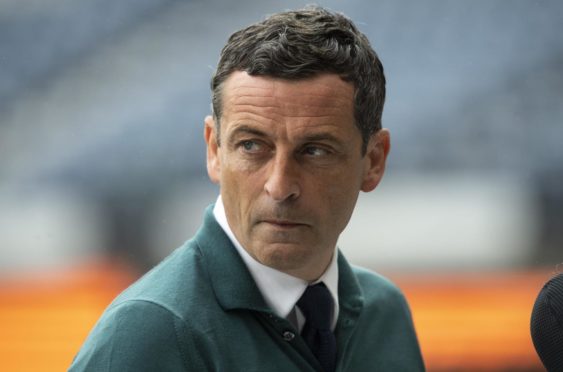
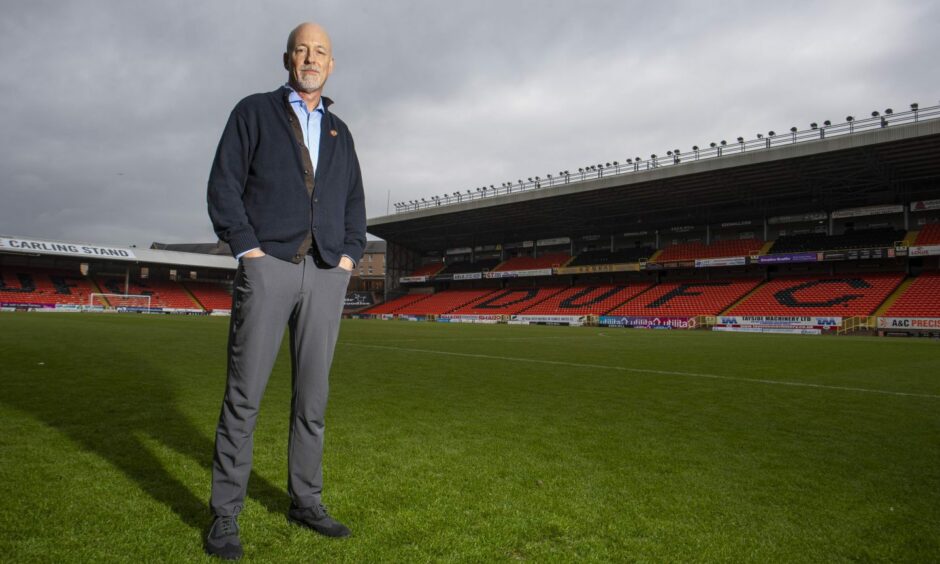
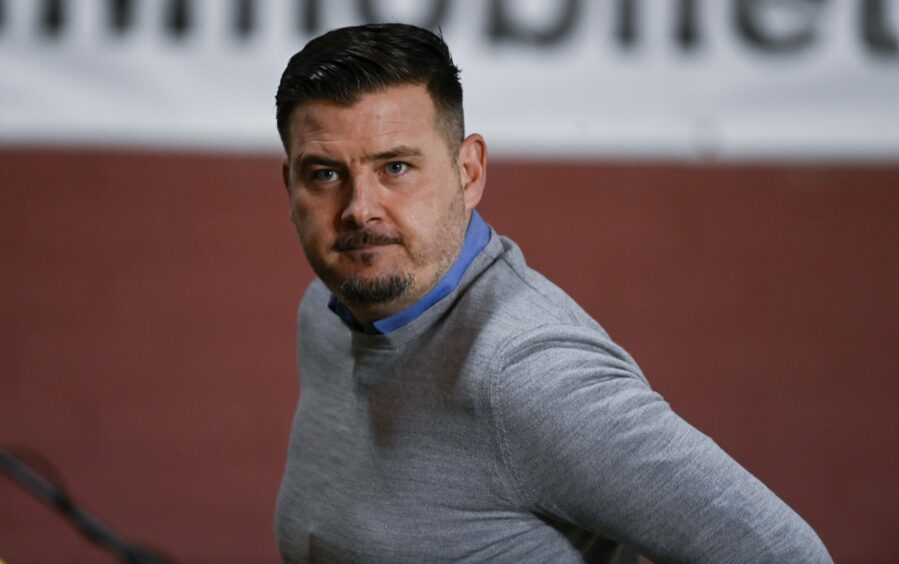

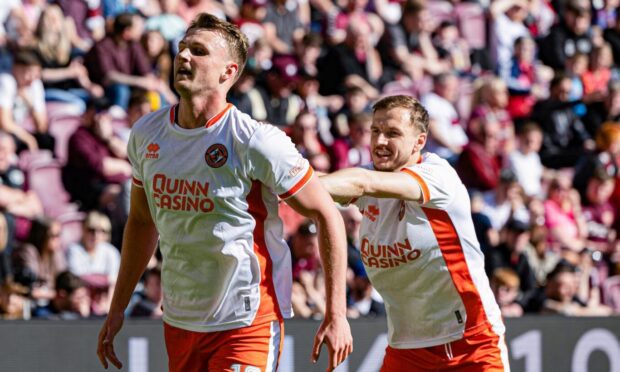
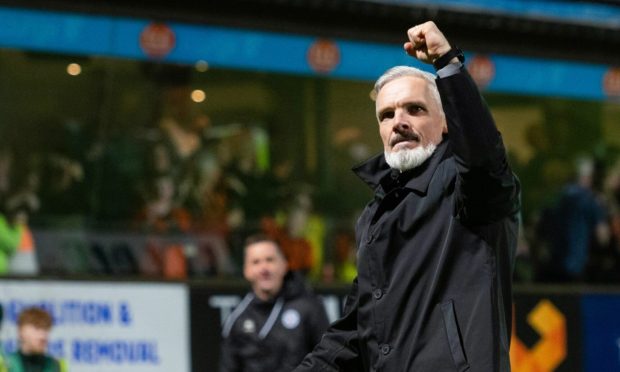
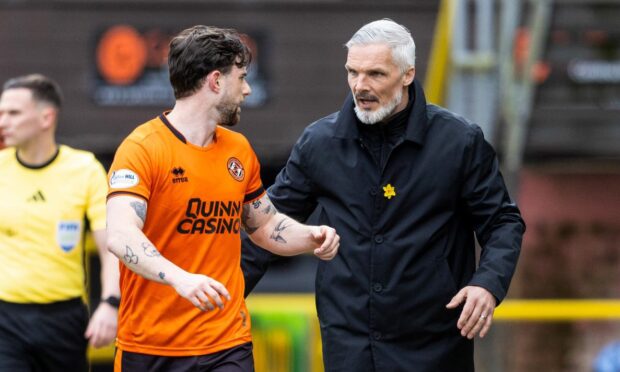
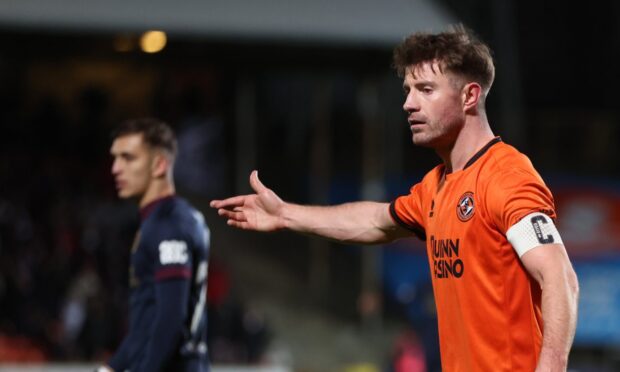

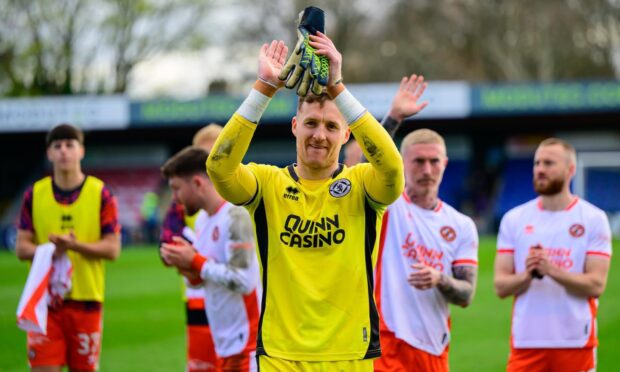
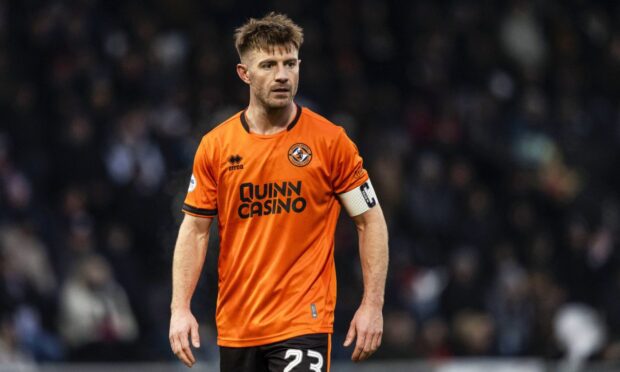
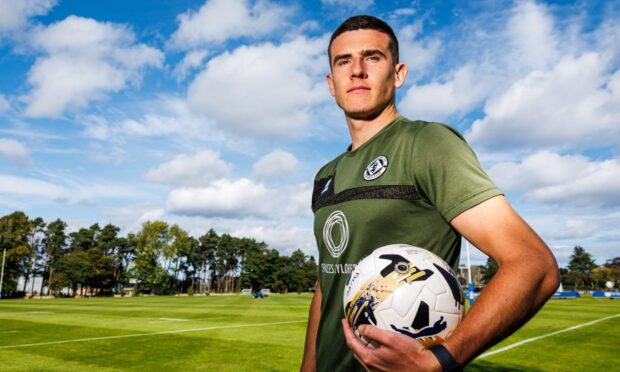
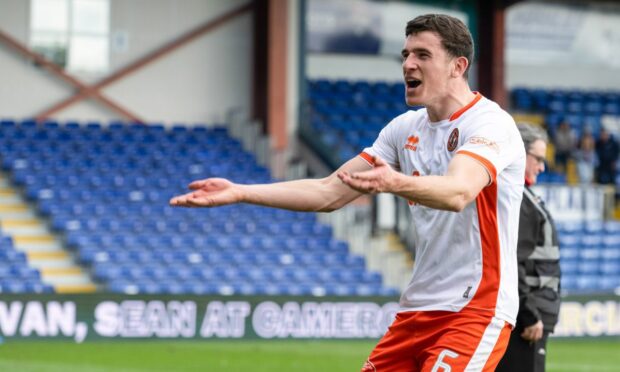
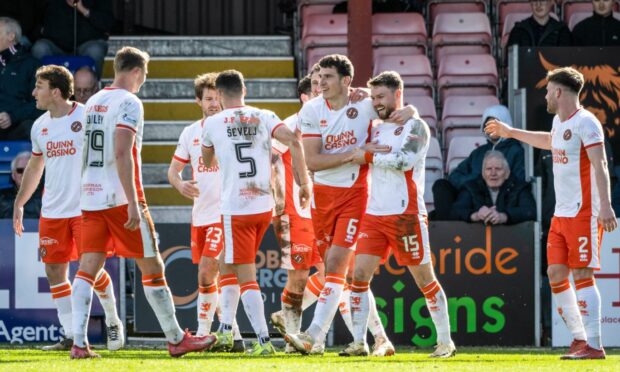
Conversation